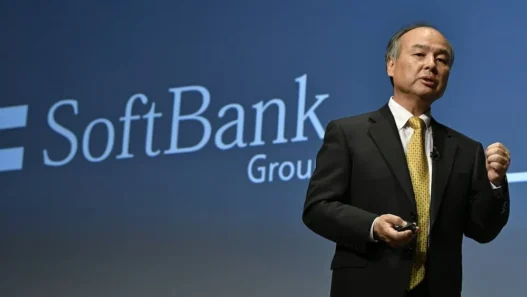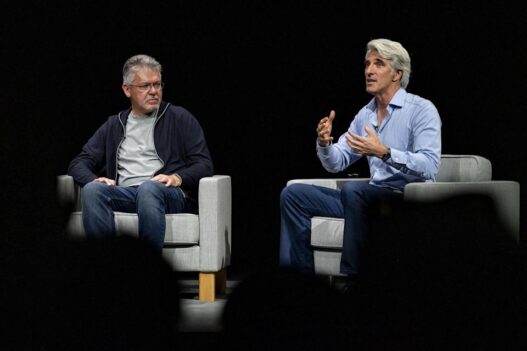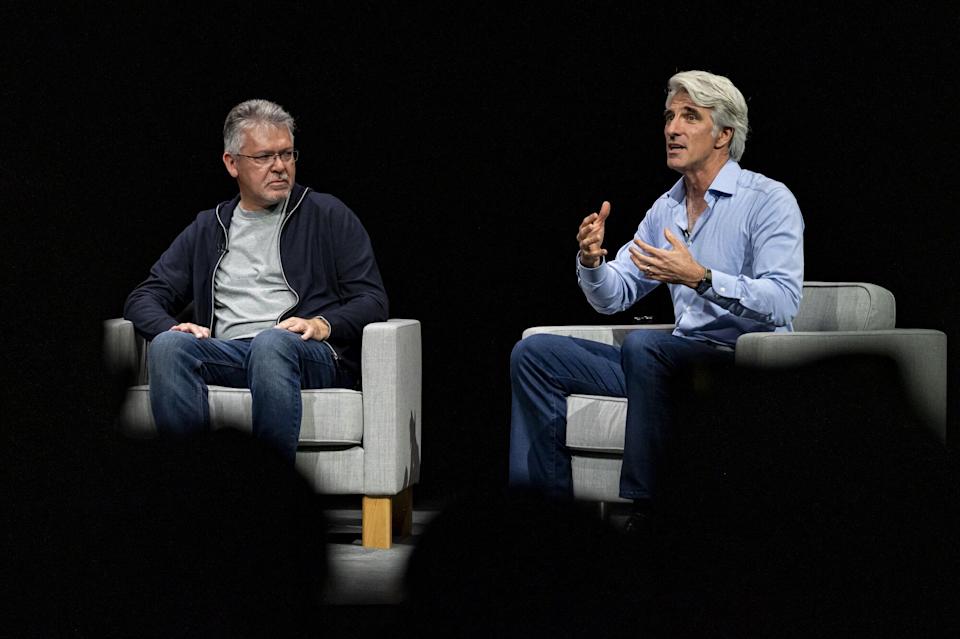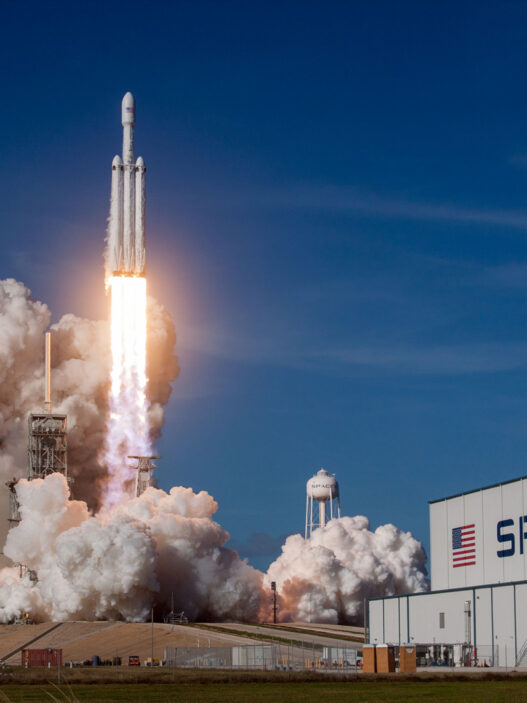Apple is in advanced discussions with Google to integrate the search giant’s Gemini artificial intelligence models into a new version of Siri, marking one of the most significant shifts in Apple’s AI strategy since the voice assistant’s debut more than a decade ago. If finalized, the partnership could redefine how hundreds of millions of iPhone users interact with their devices, while reshaping the balance of power in the global AI race.
Siri’s Struggles and Apple’s AI Dilemma
When Siri was first introduced in 2011, it was heralded as the future of digital assistants. But in the years since, Apple’s offering has lagged behind competitors. Amazon’s Alexa and Google Assistant surpassed Siri in accuracy, functionality, and developer ecosystem support. Meanwhile, the explosion of generative AI—led by OpenAI’s ChatGPT and Google’s Gemini—has raised the bar dramatically for what users expect from voice-enabled AI systems.
Apple, known for its caution in adopting untested technologies, has been slower to roll out generative AI features. Its existing on-device machine learning capabilities remain strong, but they haven’t kept pace with the conversational fluency or problem-solving versatility demonstrated by large language models (LLMs).
Faced with growing pressure from consumers, investors, and rivals, Apple appears ready to lean on external partners to bring its AI capabilities up to speed.
Why Google’s Gemini?
Google’s Gemini family of AI models—successors to Bard and rival to OpenAI’s GPT-4—have quickly established themselves as among the most powerful in the market. Gemini is multimodal, meaning it can understand and generate not just text, but also images, audio, and potentially video.
For Apple, this makes Gemini a compelling option to power the next-generation Siri. Instead of being limited to preset responses or basic search queries, a Siri infused with Gemini could:
- Hold dynamic, context-aware conversations.
- Draft emails, texts, or documents on command.
- Generate and summarize content across apps.
- Offer real-time translation and advanced research capabilities.
- Seamlessly interact with Apple’s hardware ecosystem—from iPhones to Vision Pro.
What a Revamped Siri Could Look Like
If Gemini integration moves forward, Siri could transform from a basic digital assistant into a true personal AI concierge. Imagine telling Siri:
- “Summarize my unread emails and flag the most urgent ones.”
- “Generate a trip itinerary for Tokyo with restaurant recommendations.”
- “Edit this photo, brighten the background, and post it on Instagram.”
- “Explain this medical report in simple terms.”
Such capabilities would not only enhance user experience but also lock people more deeply into Apple’s ecosystem—especially if Gemini’s features are fine-tuned for Apple’s privacy standards and device optimization.
The Privacy Question
One of Apple’s core brand promises is privacy, and that poses a challenge. Generative AI models typically rely on cloud-based processing, raising concerns about user data security. Apple has historically resisted extensive data collection, often promoting its on-device AI approach as a safer alternative to Google’s and Meta’s data-driven models.
If Apple does adopt Gemini, it will likely insist on guardrails to minimize data exposure. Hybrid models—where lightweight AI runs on-device while more complex tasks are offloaded to the cloud—could be the compromise.
The Competitive Landscape
The Apple–Google AI talks come as Microsoft and OpenAI deepen their partnership, embedding ChatGPT across Windows, Office, and Bing. Meanwhile, Samsung has integrated Google’s Gemini into its Galaxy AI features, and other smartphone makers are rushing to bundle generative AI into their devices.
For Apple, partnering with Google—ironically, its fiercest competitor in mobile OS—may be less about preference and more about necessity. Building its own LLM from scratch would take years, leaving it further behind in the AI race.
Strategic Implications
This potential deal underscores how AI is reshaping corporate alliances. For years, Apple and Google have been rivals in smartphones, operating systems, and cloud services. Yet they’ve also cooperated, with Google Search paying billions annually to remain the default search engine on Safari. The integration of Gemini into Siri could mirror that arrangement—an uneasy but mutually beneficial partnership.
For Google, embedding Gemini into the iPhone would give its AI models exposure to a billion-plus users overnight, cementing its relevance in the consumer AI space. For Apple, it would allow Siri to leapfrog years of internal development and remain competitive with Microsoft, OpenAI, and Samsung.
Risks and Challenges
- Dependence on Google: Outsourcing core AI to a competitor risks strategic vulnerability.
- Regulatory scrutiny: Apple and Google already face antitrust challenges; a new partnership could attract more oversight.
- User trust: If consumers fear their data is routed through Google’s servers, Apple could face backlash.
- Integration hurdles: Blending Gemini with Apple’s tightly controlled ecosystem won’t be straightforward.
Conclusion: A Defining Moment for Apple’s AI Future
Apple’s reported exploration of Google’s Gemini marks a critical juncture in its AI journey. For over a decade, Siri has been synonymous with unrealized potential. Now, with generative AI rewriting the rules of technology, Apple has a chance to reinvent its digital assistant into something transformative.
Whether this is a temporary bridge until Apple develops its own LLM or the beginning of a deeper alliance with Google, the decision will shape not just the future of Siri, but how Apple defines itself in the AI era.





















